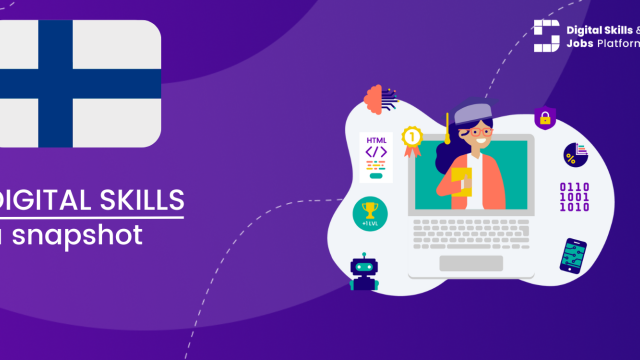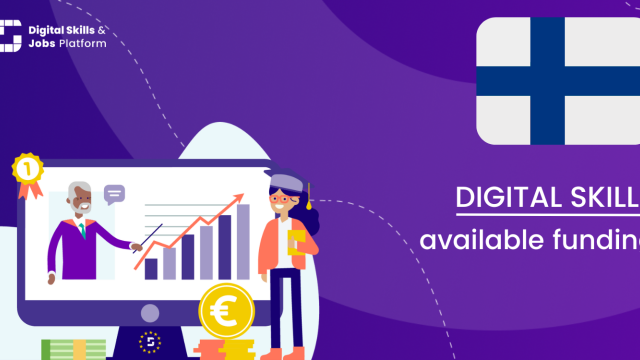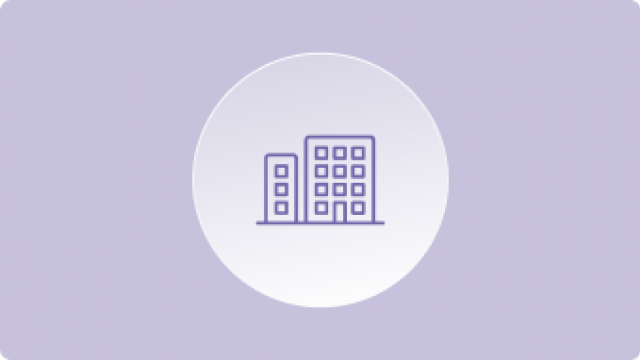Finland
Finland has achieved 82% basic digital skills coverage compared to the EU average of 55.56% and already above the overall target for the EU 2030 goal, which aims to have 80% of the EU population possessing at least basic digital skills. Additionally, the country has seen an annual growth of 1.8% from the previous year. According to the Digital Decade report 2025, the percentage of ICT specialists in employment in Finland has surpassed by far the EU average of 5% with a 7.8%. In 2024, 22.4% of ICT specialists in Finland were female (from 22.2% in 2023), compared to the EU average of 19.5%.
Finland positions itself as a technological leader with digitally agile enterprises, skilled citizens and a strong semiconductor industry. While its gigabit infrastructure requires further development, digital public services are widely available to people and businesses.
There is no National Coalition in Finland. Nevertheless, the country actively contributes to the development of digital landscape in many spheres.
Finland has been actively contributing to digital development despite not having a National Coalition. It has implemented the Digital Progress Programme (Digiohjelma) to enhance technology and digitalization capabilities in the public sector and encourage cooperation between the public and private sectors. The country also has the Digivisio 2030 Programme and the Artificial Intelligence 4.0 Programme to promote AI development and use in companies.
The national strategic roadmap, Finland's digital compass, outlines targets for the effective use of digital systems to ensure success in the ongoing transformation. The country's Recovery and Resilience Plan dedicates 27% of its funds to support the digital transition and includes investments in high-speed broadband infrastructure, the Digirail project for rail transport digitalization, research on cyber and information security, and leading-edge technologies like 6G networks, artificial intelligence, quantum computing, and microelectronics.
Another notable initiative is the OdigO project, which aims to improve digital inclusion for older individuals in Lapland by increasing awareness and offering an online program to enhance their digital skills. Overall, Finland's commitment to digitalization and innovation positions it as a leader in the European digital landscape.
Finland ranks 2nd out of the 27 EU Member States in the DESI dashboard for the Digital Decade for the 'At least basic digital skills' indicator, with an impressive 82% of its population possessing at least basic digital skills..








